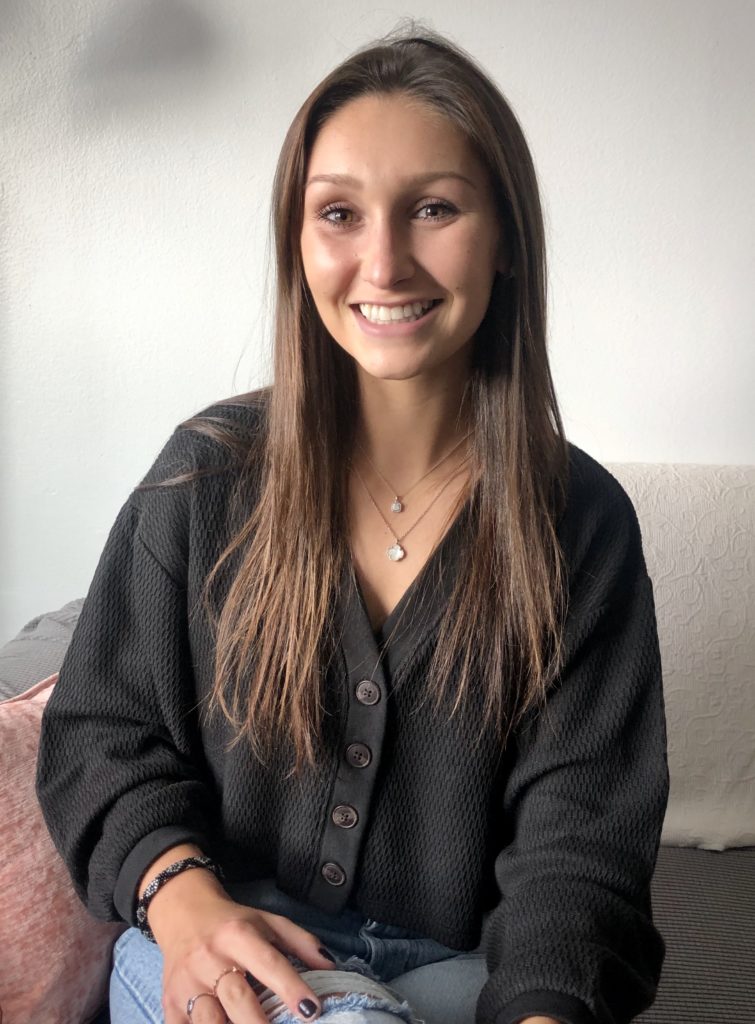This is the first post in a series of four posts written by the Summer 2020 Honors Internship Fellows. The students received a stipend that enabled them to work at non-profit organizations for the common good.

Author: Caitlyn Humann, Junior
Thanks to the Honors Summer Internship Fellowship, I had the opportunity to intern at my regional food bank, Long Island Cares Inc. – The Harry Chapin Food Bank, this past summer. Long Island Cares brings together all available resources for the benefit of the hungry and food insecure on Long Island and aims to provide for the humanitarian needs of the community.
Initially, my goal for this internship could be summed into one statement: to learn, from the perspective of LIC, the relationship between non-profits and all levels of government. I wondered if it is easy for non-profits to get funding and personal acknowledgement from legislative bodies and the extent that food banks rely on federal and state support.
What I didn’t know at the time I applied for this fellowship was that the COVID-19 pandemic would put New York in a state of emergency starting in March and that by May 4th , the demand for Long Island Cares’ services would increase by 64%.
What was initially designed to be a government advocacy internship – during which I would draft letters to representatives, attend in-person legislature meetings and help expand LIC’s Veterans Project by hand delivering food to veteran’s homes – expanded. I worked under LIC’s Chief Government Affairs Officer and drafted letters to advocate for COVID-specific support for food insecure communities, attended virtual local government and advocacy meetings, tracked new legislation on the federal, state and local levels and outlined testimonies on LIC’s new developments, successes and challenges since the start of the pandemic.
As increasing amounts of Long Islanders faced unemployment and food insecurity, I saw first-hand the vital role that food banks play in communities across the nation. I analyzed the impact that COVID had on all demographics of Long Islanders along with representatives’ actions that supported food banks. I was also able to make positive impacts in the moment by packing boxes full of nutritious food for members of my own community.
Just as the Honors Program builds a sense of community by bringing diverse groups of students together to collaborate and support each other in reaching their academic (and personal) goals, Long Island Cares brings together people of all demographics to form a community that stretches across Long Island in which everyone plays their role in fighting against hunger. In our Honors classes and conversations, we often discuss the “missing voice.” Through this internship, I heard
the voice of food insecure families, who rely on non-profits to live a happy life. I am grateful to the Honors Program for giving me this opportunity. As I enter my professional career and strive towards my goal of representing my community as an elected government official who advocates for justice, I will keep this experience with me.